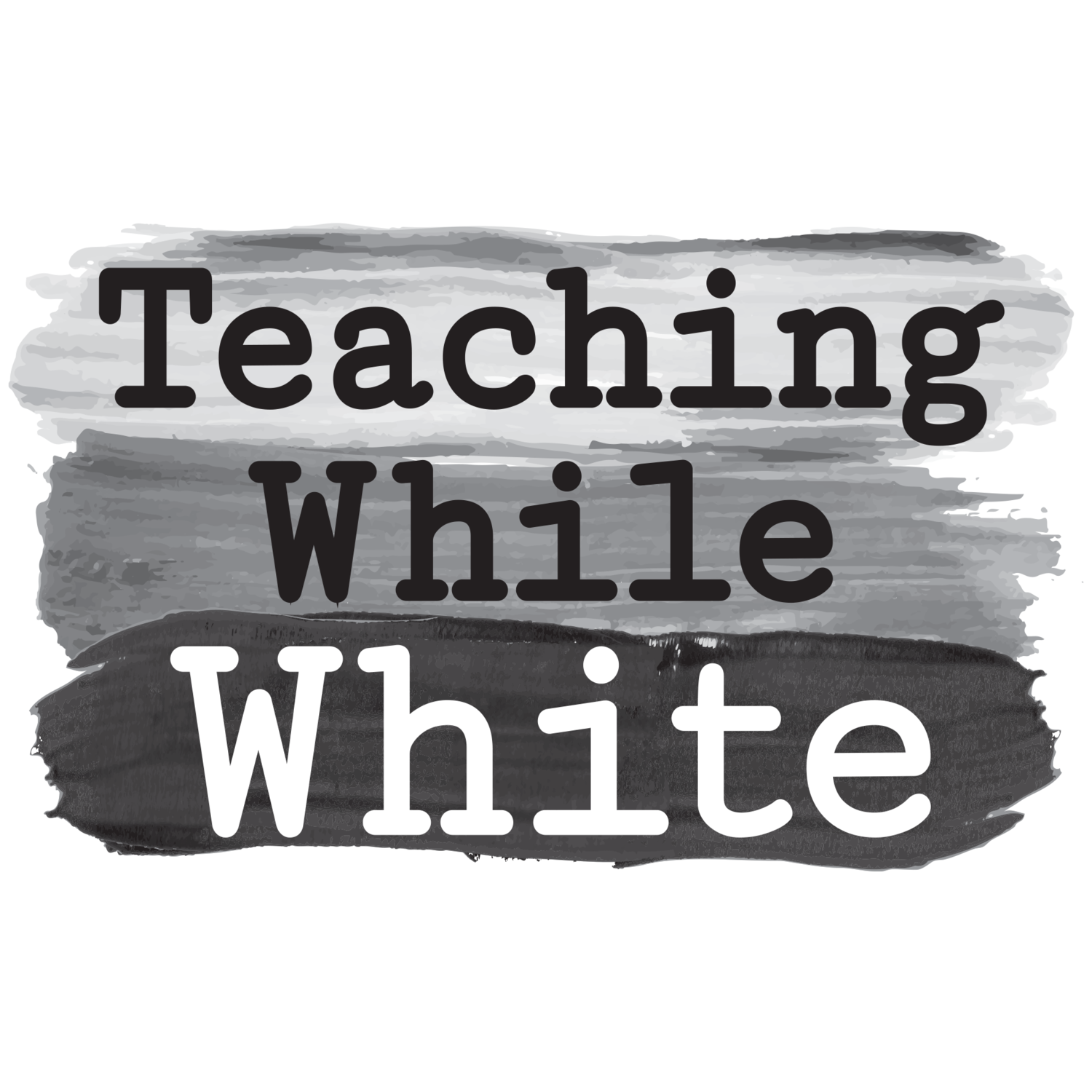Understanding the Atmospheric Nature of White Supremacy and Patriarchy
In an effort to engage more white men, the Teaching While White blog, “‘Calling In‘ Our White Male Colleagues,” asks white male teachers involved in antiracist work this key question: What keeps you engaged in the work?
I think what keeps me engaged in the work of antiracism is the constant reminder to keep three things up front:
that, as Claudia Rankine, Teju Cole, and others have helped me to see, white supremacy in the United States is atmospheric — something I am breathing in all the time whether or not I choose to; (in my experience, patriarchy works this way, too);
that, since I am a white man, I have benefitted — and continue to benefit — from both white supremacy and patriarchy, whether or not I choose to;
and that any belief that I am separate from my whiteness or my maleness, that I am an individual separate from (and, thus, different from) any of this — this atmosphere, these systems, and other white men — is a lie.
As difficult, daunting, and sometimes-shame-inducing as the work of keeping these reminders present is, as challenging as the practice of persistent self-reflection can be, these reminders have felt profoundly freeing to me.
They have been revelations for the kind of connection, community, and care they make possible in my life. And they have helped me to see the many ways in which white supremacy and patriarchy keep me from others, keep me from myself, and keep me from working for a more liberated world.
When I have been in antiracism trainings and felt the pull to separate from the group’s work (maybe it’s something as innocuous as thinking “I already know this” or something as subtly dismissive as saying “this has not been my experience”) what I really think I’m feeling is a discomfort with myself. Or maybe even more simply: a discomfort with feeling.
The atmospheric nature of white supremacy and patriarchy in my life have encouraged me to be unpracticed at sitting with and being curious about that discomfort — or with feelings at all.
In my experience, both white supremacy and patriarchy depend heavily on the suppression of feeling — on the separation of feeling from action. And their persistence in my life — as well as my complicity in them — has also depended heavily on the ways in which I suppress feeling in myself and am unwilling to imagine it in others.
What I’ve come to understand is how much this suppression of feelings robs us of ourselves, of our capacity to see others more vividly, of the possibility to build deep multiracial coalitions!
The narrative of myself as a separate individual can feel so impossible and painful and costly to resist.
But really, I think: seeing the atmosphere is a liberating practice.
What the practice of antiracism work continues to give me — in addition to the possibility of more liberating and genuine community — is a more honest relationship to vulnerability, to sorrow, to guilt, to gentleness, to joy.
In my experience, these feelings are not the costs of a committed antiracist practice. They are its great substance and strength.
And what they make possible in my life — over and over again — keeps me engaged in the work.
Nick Hiebert teaches in Concord, Massachusetts.
White Men Respond — Additional Reading
· White Men Respond, by TWW Staff
· Manning Up? An Open Letter, by Ryan Virden
· Learning to See Clearly, by Ayres Stiles-Hall
· Listening to Lucy: Why I’m Involved in Diversity Work, by Michael Brosnan
· Planting the Seeds of Self-Reflection, by Maurice Werner
